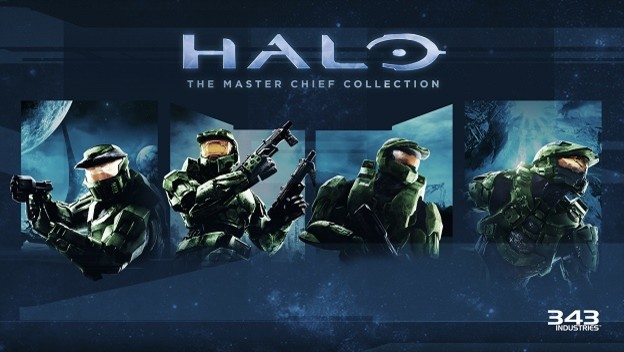The yearly onslaught of shiny new games has begun, and gamers can expect a series of highs and lows as some games meet expectations and others fall short of the experience they’ve been hyped up to be. Obviously, there is no way of knowing exactly what a game will offer until we get the chance to play it, but it would be nice if our expectations were more often grounded in reality. Unfortunately, this is rarely the case and, in many ways, it’s our own fault. Our susceptibility to marketing techniques allows publishers to laugh their way to the bank, while we’re in our cars on the way to Gamestop to trade in the hottest new release. This is pre-order culture.
I come from a small, economically depressed town in Upstate New York. It’s the sort of place where you would figure people would be thrifty, and struggle to make ends meet. Still, gamers can be frivolous, and hype is a good way of picking up one’s spirits. I know this from my experience working at a game store in my town. Whenever a new announcement about a game came out, be it screen shots or a reveal of a new mode, we saw a flock of customers arrive to pre-order it. Since it was our job to sell these pre-orders, staff would use each announcement to generate excitement about upcoming games to gamers who don’t keep up on video game news. Rarely would we see gamers cancel these pre-orders. In fact, most pre-ordered games were picked up. Publishers have tuned into this buying habit and often see pre-orders as customers already invested, and note that pre-orders become sales a majority of the time. It wasn’t always like this.
Pre-ordering video games actually made sense at one point. When games were printed on disc and not available digitally, in a time where it was less effective to simply have a title shipped to your door from Amazon, availability was an actual issue instead of just something the retail clerk used to scare you into pre-ordering. Publishers now use retailer exclusive bonuses, early access, and other freebies to goad you into taking the bait. Sometimes they’ll offer competitive advantages for a multiplayer mode as an incentive to pre-order. They want you on that hook before the game is exposed in the harsh daylight. Before the game is a reality. Reviews barely seem to matter to the consumer anymore. They’re too eager.
What publishers are selling gamers is an idealized version of the game. Screenshots are carefully selected. Previews and hands-on demos are made to reflect a very specific, marketable experience. Early footage of video games can display material that ends up cut from the final project without so much as a peep from PR. Even critics fail to be, well, critical on this front because it seems unfair to judge an unfinished project. Instead, we muse on the potential of a game because that is really all we have access to. The dream we’ve been handed by a marketing department.

When the game comes out, people rush out to by it. Embargoed reviews go live shortly before the release. Nobody even has time to change their mind. For a long while, gamers have been looking forward to a game’s release. It’s become an event. They’ll take time off work. They’ll go to midnight releases. They want to talk about the new game with their friends. They want to stay up that first night when everybody is playing and learning the game. There’s a sense of urgency to big releases and there’s a social pressure to buy into the hype rather than be excluded from your peer group.
Hype is rarely a reflection of reality. Commercials can say pretty much whatever they want about the subjective nature of a game. They can carefully select quotes from reviews. They can make you think that everybody and their mother will be playing a game. Sometimes, hype and social proof is a compelling force in sales, even when the social proof is manufactured by the publisher instead of actual society. And that leads to releases that leave us disappointed and poorer. But perhaps if we could learn from these experiences, companies wouldn’t be able to sell us on games that come up short or, in some cases, are broken on release. Don’t believe the hype. Don’t pre-order. Fix the industry.
